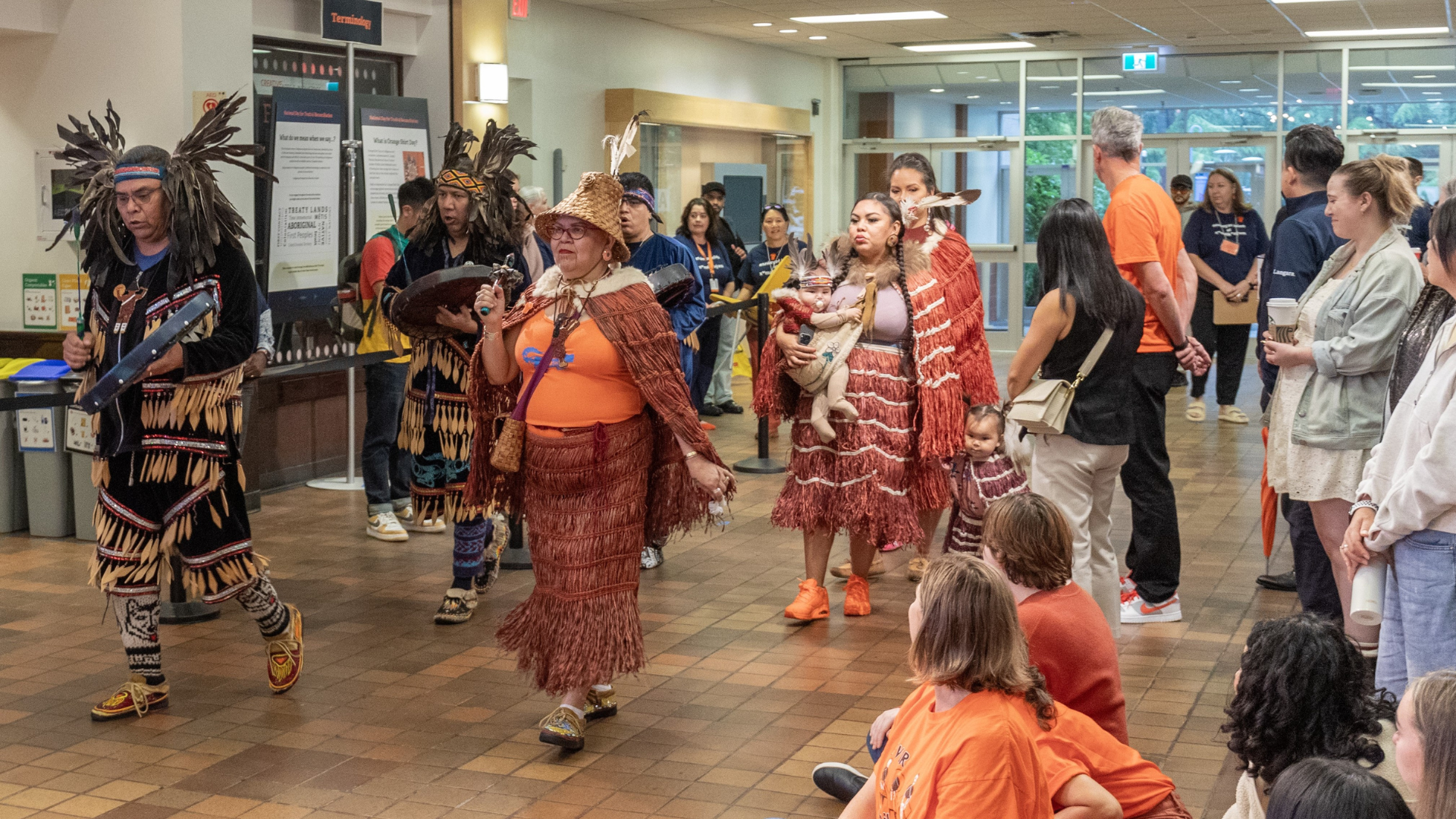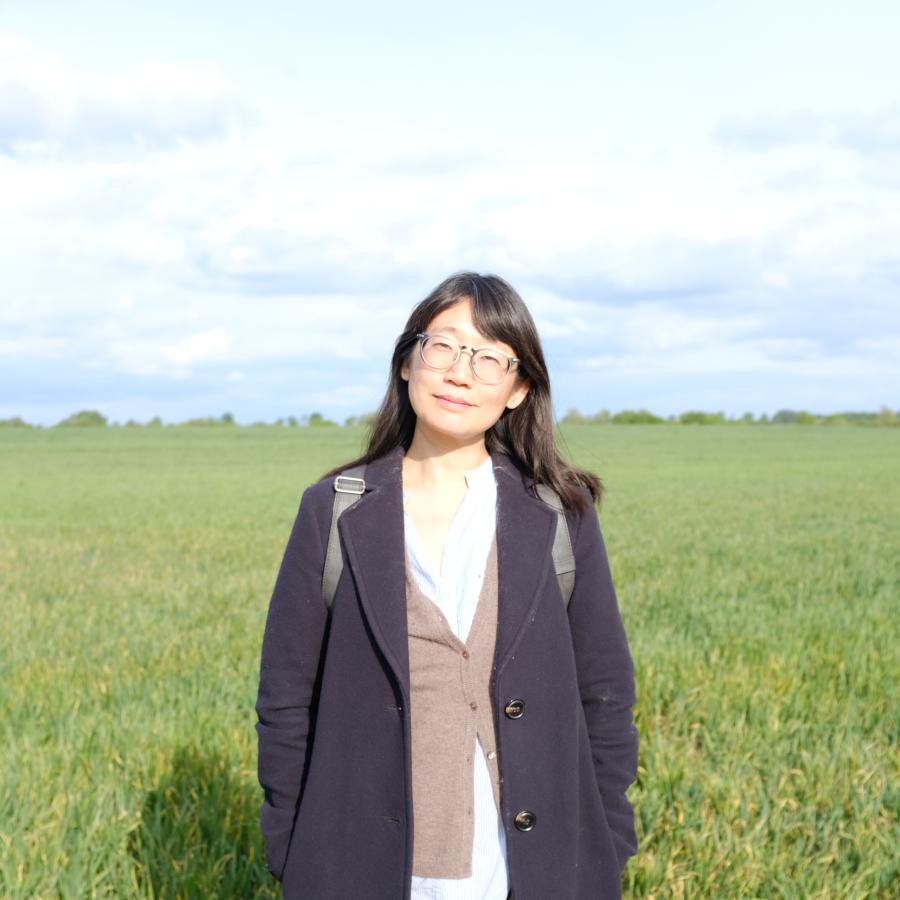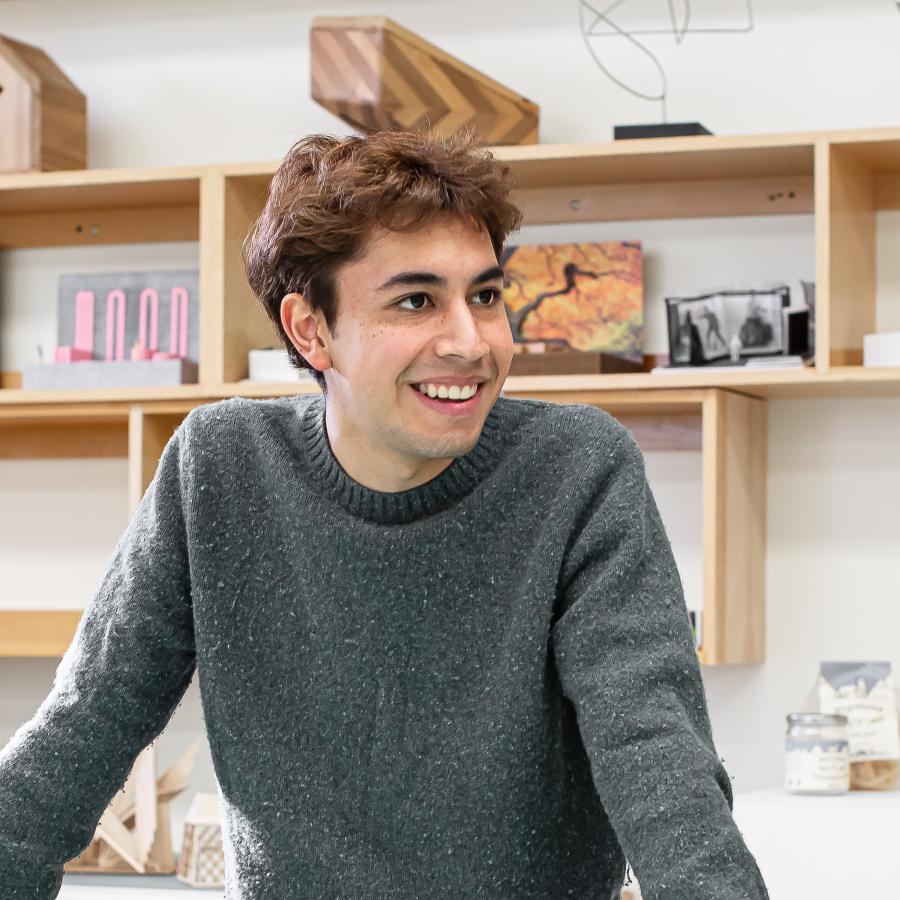Langara College, also named snəw̓eyəɬ leləm̓ or house of teachings, marked National Day for Truth and Reconciliation with powerful events and discussions on the lasting impacts of residential schools. The week emphasized the ongoing need for reconciliation and honored the resilience of Indigenous communities.
Each year, September 30 marks the National Day for Truth and Reconciliation (NDTR). This day acknowledges Survivors of residential schools, their families, their communities, and honours the children who never returned home. Langara hosted several events in observation of NDTR with speeches and presentations from Gail Sparrow, special advisor to the Langara president and CEO, Dr. Paula Burns, and Graeme Joseph, executive director of Indigenous Student Services.
A week of learning
On the morning of September 25, Tsatsu Stalqayu (Coastal Wolf Pack) welcomed the College community to the unceded, ancestral and present-day territory of the xʷməθkʷəy̓əm (Musqueam) people. Afterward, we were fortunate and grateful to have heard words from Alec Dan and Iona Paul from Tsatsu Stalgayu emphasizing how recent the residential school program existed, and how much its shadow still looms over Canada. As Iona Paul said:
My dad went to a residential school in Penelakut. My mom went to resident school in Kamloops. I am the first generation that did not go to residential school. I want people to realize this is not history from long ago. We are alive. You’re looking at us.
In the afternoon, Gail Sparrow, special advisor to the president, and Carolyn Wing, early childhood education instructor presented the Musqueam timeline, an interactive activity tracing thousands of years, which aimed to show participants the vastness of Musqueam history, a history which is still unfolding. Participants were asked to pin significant events on a string which represented the nine thousand years of Musqueam history.

The only way for the words to be reconcili-action is to have the Canadian people of Canada recognize that we are the true Canadians. We are the ones that were here from time immemorial.
The following two days saw a Musqueam reconciliation panel being held, where several members of Musqueam came to the College and discussed what reconciliation means to them. We were grateful to hear from Gail Sparrow, Lucetta George, Alec Dan, and Kwes’Kwestin about their experiences and perspectives on reconciliation, what they hope the future holds for Musqueam, and what we can do as a College community to strengthen the relationship. The week came to a close with a friendship circle, held by Elder Nk’xetko.
We thank our Indigenous Education and Services, our Equity, Diversity and Inclusion department, the Teaching and Curriculum Development Centre (TCDC) and everyone across campus who came together to organize, volunteer, learn and share what reconciliation means at Langara.
Keeping the conversation alive
Reconciliation is an ongoing process that should be part of both each of our professional and personal lives because, for some Indigenous people, the traumas and experiences of residential schools are an everyday lived experience. Indigenous families and communities continue to deal with the generational trauma from residential schools, the Sixties Scoop and the current child welfare system. Help us live up to the name snəw̓eyəɬ leləm, by keeping the conversation going. Continue reflecting and finding ways to action reconciliation at work and at home. As settlers, we need to remember whose land we’re occupying and encourage others to do the same.
Despite the difficulty and pain of sharing her story, Iona Paul sees it as necessary to talk about the reality of residential schools, because speaking truthfully about her experience can help bring us closer to reconciliation.
“Every year we see more and more people here," said Iona Paul. "Every year that means one more person is trying to understand what happened.”
During this difficult time, we acknowledge and honour Indian Residential School Survivors, their families and communities for their support during this past week. Thank you for sharing your experience, time and words with the College community.
_______________
Langara College acknowledges its location on the unceded traditional territory of the Musqueam First Nation. As a college, we have been honoured to receive a name from the Musqueam people in their language, snəw̓eyəɬ leləm̓, which means house of teachings. We are committed to strengthening the connections between the xʷməθkʷəy̓əm (Musqueam) and the College. To learn more, visit our Resources page.





